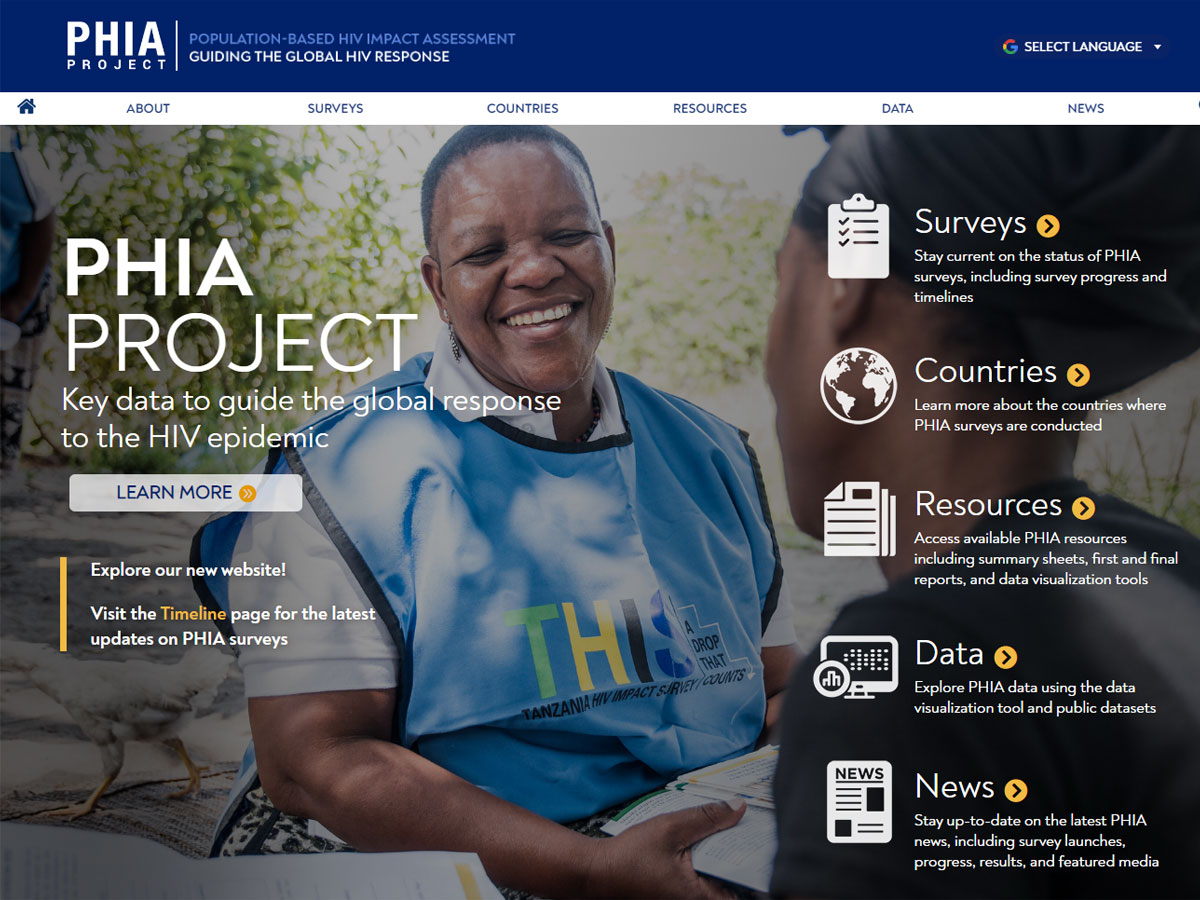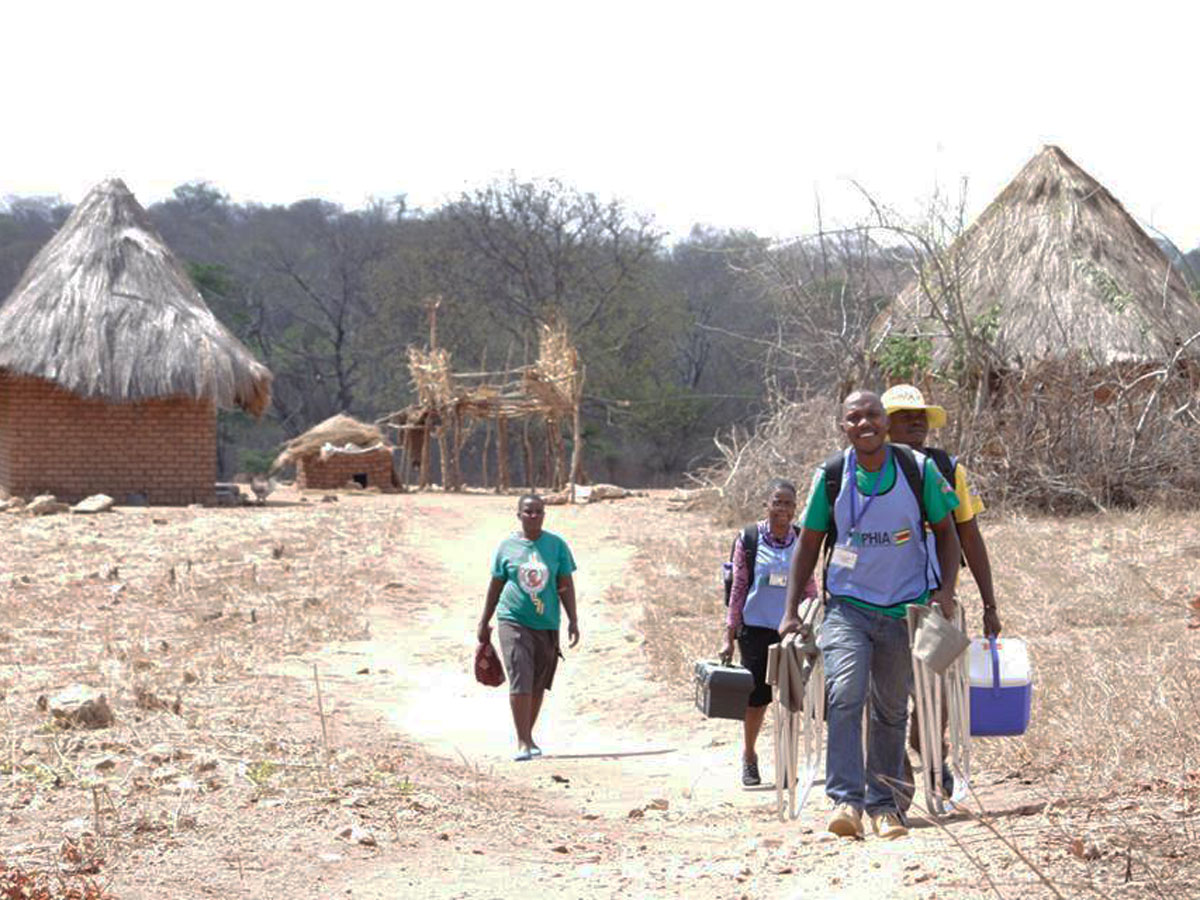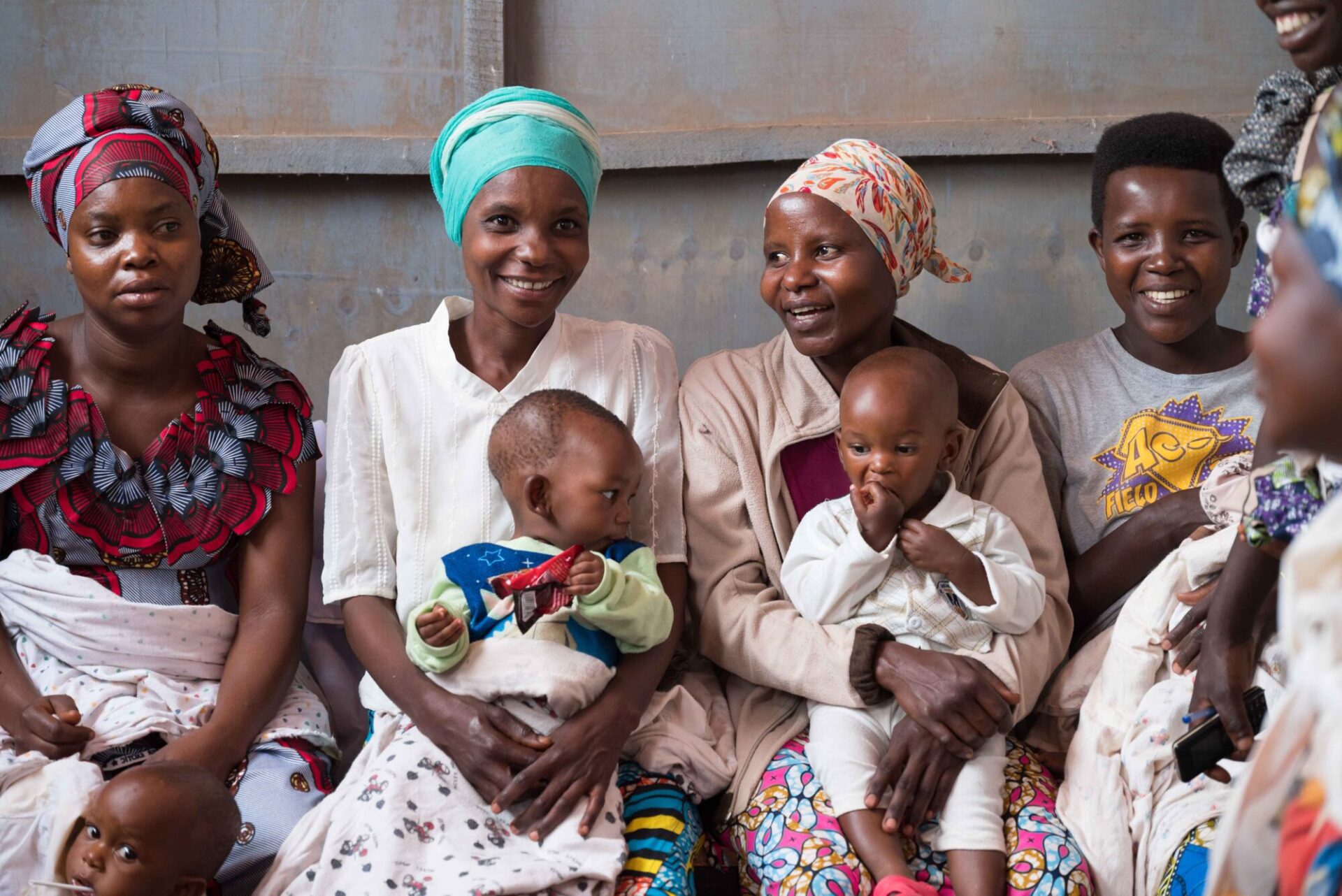Nearly 40 years ago, the first reported cases of individuals with severe immunodeficiency were identified in the United States. Since then, over 32 million people have died from AIDS-related illnesses, and approximately 38 million people globally are living with HIV today.
Though tremendous progress has been made in advancing HIV prevention, testing, and treatment since the beginning of the epidemic, many individuals living with HIV still do not know their status and, of those who do know their status, many do not have access to sustained treatment. In addition, there are nearly two million people newly infected with HIV every year.
As the global HIV epidemic continues, the world is facing another pandemic—the SARS-CoV-2 coronavirus (COVID-19) pandemic—which has affected more than 30 million individuals in a matter of a few months.
The magnitude of both HIV and COVID-19 pandemics has required health systems to quickly respond. In terms of the HIV epidemic, health systems had to evolve from systems that were primarily designed for short-term, acute care toward ones that are geared toward ongoing lifetime care suited to HIV as a chronic disease. For the current COVID-19 pandemic, health systems are facing major gaps in surveillance and laboratory capacity, as well as the ability to provide effective diagnosis and treatment while protecting essential health workers.
There are several ways that the HIV response can inform the COVID-19 response, as detailed by Wafaa El-Sadr, ICAP’s founder and global director, in a commentary in the journal AIDS entitled “What one pandemic can teach us in facing another.” These include the importance of a data-driven, evidence-based approach to inform program and policies.
Systematically collecting, interpreting, disseminating, and using data—through surveys or surveillance—can play a key role in understanding where progress has been made and where gaps remain.
Since 2015, the Population-based HIV Impact Assessment (PHIA) project, funded by the U.S. President’s Emergency Plan for AIDS Relief (PEPFAR), supported by the U.S. Centers for Disease Control (CDC) and implemented by ICAP in partnership with ministries of health, has been collecting granular, household-based data related to HIV on national general population samples. In 15 countries to date, these surveys have collected information on HIV incidence (new infections per year), HIV prevalence (existing infections), and viral load suppression among people living with HIV (an indicator of treatment success) to assess progress made toward global HIV targets and epidemic control.
“PHIA data have been invaluable in guiding policymakers, program managers and funders, shining light on where resources and efforts should be directed,” said El-Sadr.

The newly redesigned PHIA website provides a wealth of information on the project and all of the surveys completed to date. This includes an “about” section that describes the project, country-specific pages for each survey, resources, and a robust data site which includes a data visualization platform and publicly available survey datasets.
“ICAP’s experience in implementing large-scale surveys such as PHIA has been tremendously helpful in planning and conducting our current COVID-19 surveys,” said Andrea Low, MD, PhD, ICAP’s HIV and clinical scientific director for the PHIA project. “Having established relationships with ministries of health and in-depth experience in conducting surveys and collecting biomarkers has allowed us to rapidly pivot to collect COVID-19 related data—whether through a cellphone-based study in Lesotho, a community-based seroprevalence study in Cameroon, or a facility-based COVID-19 survey in Malawi, among others.”
Whether it is for HIV, COVID-19, or other public health threats, the building of resilient and prepared health systems is dependent on securing a robust and nimble system for collection of data and using it to inform action.
To learn more about the PHIA Project, visit: phia.icap.columbia.edu
A global health leader since 2003, ICAP was founded at Columbia University with one overarching goal: to improve the health of families and communities. Together with its partners—ministries of health, large multilaterals, health care providers, and patients—ICAP strives for a world where health is available to all. To date, ICAP has addressed major public health challenges and the needs of local health systems across more than 30 countries. For more information about ICAP, visit: icap.columbia.edu.







